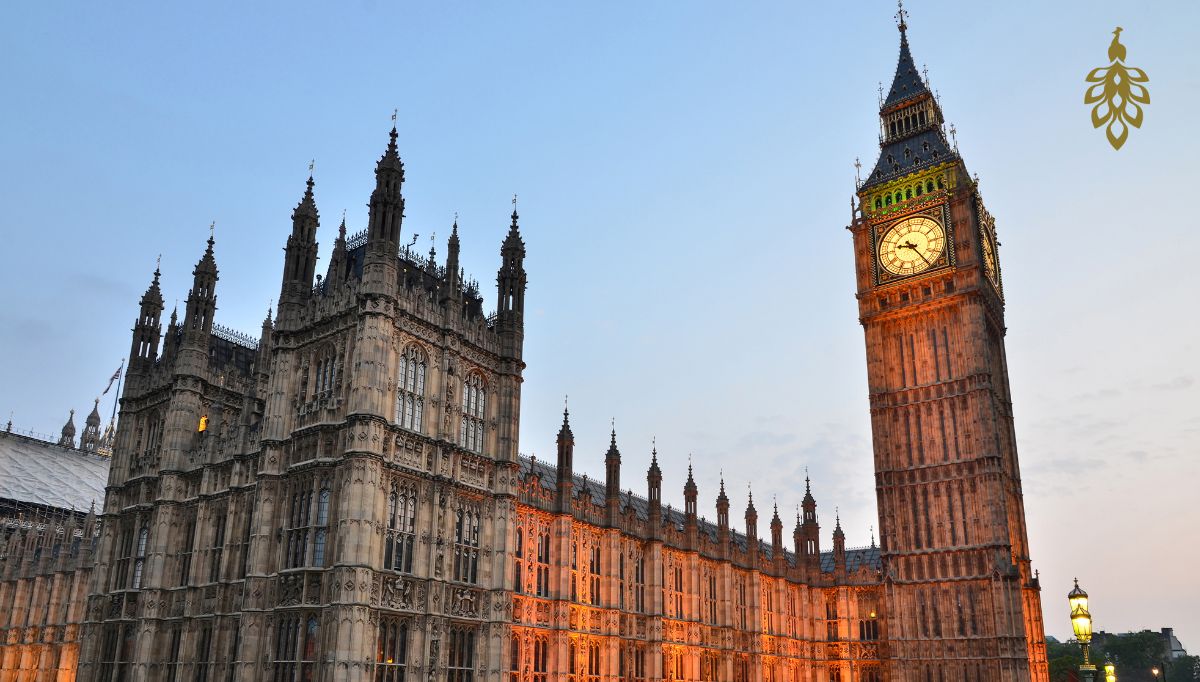What family solicitors can learn from the Angela Rayner tax issue
Capital Gains Tax » July 30, 2024

Angela Rayner purchased her council house in 2007 and sold it in 2015. At the time, she didn’t seek tax advice, so she might have incurred capital gains tax without realising it.
Her initial explanation in February was based on a misunderstanding of the tax rules. She now maintains that no capital gains tax was owed, but she hasn’t provided an explanation for this assertion.
Rayner’s initial response to accusations she hadn’t paid capital gains tax on the sale was to say:
“As with the majority of ordinary people who sell their own homes, I was not liable for capital gains tax because it was my home and the only one I owned.”
That is not correct.
It is true that there is a capital gains tax exemption called Principal Private Residence Relief (PPR) and this available when a person has lived in their property.
If you have lived there the whole time you’ve owned it and its under acre in grounds then the relief covers the whole gain and there is no tax to pay.
However – once a couple get married they can only have one property which they can claim PPR on between them.
Angela and her husband married in 2010 and so from then they only one had one main home between them.
The issue is therefore – did Angela and Mark nominate for her property to be their joint main home or not?
If they didn’t the relief would attach to the property that was the main home based on facts and circumstances. HMRC look at things like where is the individual living most of the time, where do the children live, where is the individual registered at the doctors etc.
However, this is a significant issue for those marrying and divorcing later in life as often individuals will live apart and mistakenly assume that they will each qualify for PPR relief on the sale of their respective properties.
It’s a very odd situation as ultimately one person may have to concede to ‘gifting’ the relief to their spouse even if they have never lived in that property.
Note that once a couple separate they can each have a PPR again from the point of separation – however this will not cover the period of time during the marriage.
We have seen an increasing number of HMRC enquires into this exact issue. It seems Angela Raynor is not the only one not aware of this unusual quirk in the tax system.
Takeaway – if you have clients who lived apart whilst married they should seek tax advice over which property the PPR relief claim should attach to.
Sign up to be notified when we publish new articles: Juno Family Newsletter
Need expert tax support?
Find a full list of how Juno can support on our Services page. Alternatively, get in touch with our team at: family@junotax.co.uk
